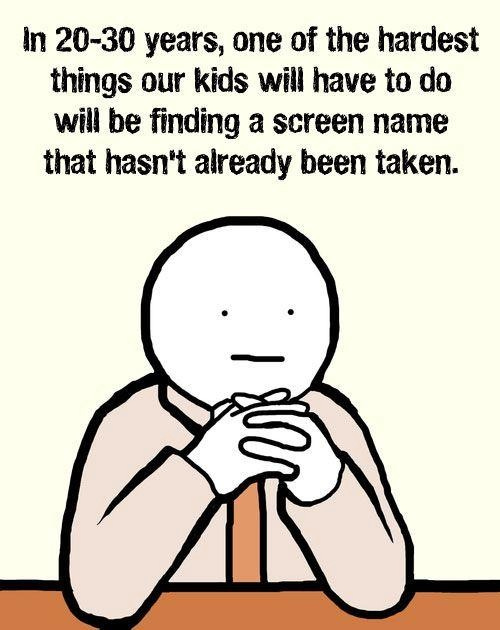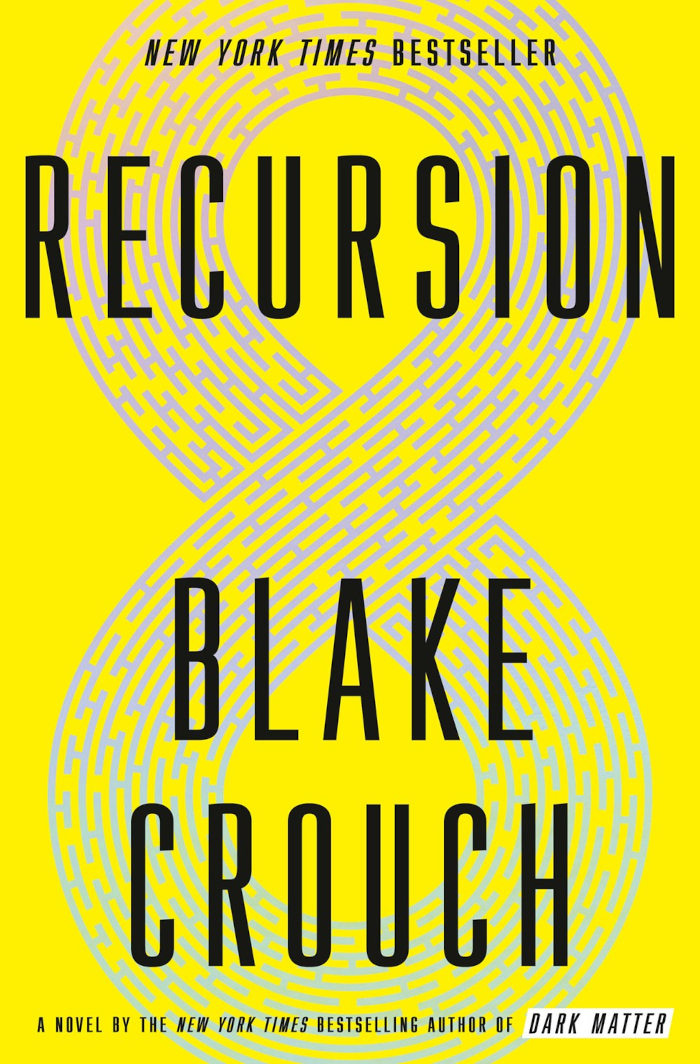Three things I read this week
Silent day, Recursion, AI content spams the internet
For context, I wrote this on Monday…
Today is Nyepi, also known as silent day. A Hindu tradition that yeets modernity into a dumpster for twenty-four hours. Nobody goes out unless they’re headed to the hospital with a heart attack or a crowning kid. The airport is closed and the cellular networks are deactivated. Without a wired connection, as is the case in my house, there is no internet for the day.
If you’ve seen 28 Days Later you’ll have some aesthetic appreciation for what silent day looks like. It’s the scene at the beginning of the movie, where the protagonist walks through downtown London and the streets are empty. No black taxis, contrails in the sky, boats on the river, even the Starbucks is closed. What the fuck is going on? If you could go downtown to take a picture during silent day, this is what you’d see.
In addition to being trapped in your home, the rules also mandate a nighttime blackout. Such caveman living is strictly enforced. Last year my landlord taped black garbage bags over all of my windows, giving me a false sense of security. That night I booted up my laptop to watch a movie but didn’t make it ten minutes before a security guard was at my door, politely telling me to knock it the fuck off. The dim light piddling out of my computer, that couldn’t have been but a feint glow through the garbage bags, was an egregious affront to etiquette. Hoping to avoid a similar embarrassment this year, I flossed and brushed my teeth in the dark.
Pissed off security guards notwithstanding, nighttime is my favorite part of silent day. With zero light pollution the stars stand out like Brad Pitt and Angelina Jolie at a diner in backwoods Alabama. Thousands of robust white jewels framed against the intense void of black space. Silent day must be amateur astronomers’ favorite time of the year.
Nyepi’s ostensible purpose is to give people time to reflect on the previous years happenings, as well as think forward on the year to come. Scrutinize, forgive, plot, untangle, ponder, have a cry, strategize, acknowledge failures and plan for success. Anything goes, as long as you do your thinking silently.
While sound in concept, I find Nyepi lacking in potency. Most addicts can squirm through a single day of sobriety without experiencing the existential horrors of withdrawal. The muddled memories of yesterday’s hit carries them through to the afternoon, while speculations of tomorrow’s score gets them past the evening. Likewise, one day’s detox from the rat race isn’t enough to inculcate a new paradigm. Concerns of the modern era intrude, my YouTube addiction is very much still alive. Silent week or silent month, now there’s an idea…
It’s been a damp silent day so far, one final hoorah from what has been an unusually parched rainy season. At one in the afternoon there’s no sign of the precipitation slowing down so perhaps I won’t get to see the stars tonight. I’ll be forced to settle for a close second, intense observation of my soggy ceiling.
My roof leaks worse than New York City’s coffers and it’s with no small interest that I’m watching my dry wall turn into wet wall. There are two frying pan sized abnormalities directly above my desk, and I’m accepting wagers on whether these perfectly round sections of ceiling are going to collapse on my head. If that should happen, well, I just hope it doesn’t make too much noise.
1 - Recursion
Last month I briefly reviewed a book I enjoyed, Blake Crouch’s Dark Matter. As bingeworthy as it gets, I read the whole thing in just 48 hours. For that to be possible you need time and simplicity. While good, Dark Matter doesn’t demand much of the reader.
This week’s Blake Crouch book, Recursion, isn’t like that. Cognition is compulsory. The characters have character and the plot weighs heavy in the palm. What would your life be like if you could go back and start over? Who would you save? What companies would you invest in? Who would you avoid?
I put the book down to ponder the possibilities. Of course, this first level thinking is only pulling out the cutting board and preparing the knife. The onion isn’t sliced until you consider the downstream consequences of your well-intentioned alterations. Where would we be, who would we be, if we changed pivotal events in our lives?
In 8th grade I made a monumental mistake. I went to the middle school dance with the wrong girl which set off a series of events that culminated in me permanently feeling like an outcast, no property of any coterie, so that my freshmen year of college when after fifty days of hellish pledging I had the chance to get into a fraternity, I didn’t do it because I felt like I didn’t belong. Every boy who matriculated into brotherhood would eventually drop out or get addicted to opiates, or both. From a narrow perspective, whenever I think about that 8th grade girl I spit on her sobriquet and sling aspersions at her addlebrained ancestors. But maybe she saved my life? Maybe I wouldn’t be writing these words if it wasn’t for her? Who can say.
What would your life be like if… Well I cannot say more without giving away the plot. Recursion is a great book (Recursion > Dark Matter) and if you have a few spare hours to spare I think you’ll be pleasantly surprised with the places Blake Crouch takes you.
There are so few things in our existence we can count on to give us the sense of permanence, of the ground beneath our feet. People fail us. Our bodies fail us. We fail ourselves. He’s experienced all of that. But what do you cling to, moment to moment, if memories can simply change. What, then, is real? And if the answer is nothing, where does that leave us?
2 - Crisitunity
One man complains about a hole in his pocket. Another uses it to scratch his nuts.
Truck stop philosophy, discovered in the YouTube comments section on a Mauler video.
3 - Backbones
Chinese diplomats often ruefully joked about how they received calcium tablets in the mail, sent by angry citizens who wanted their representatives to stiffen their backbones.
That’s a quote from a book about the Chinese Communist Party that I’ll be reviewing later this week. Think this would work in the west? Seems like a rather clever way to send a message.
4 - AI spams the internet
The best article I’ve read about how AI generated content is already/will turn the internet into a wasteland. Erik Hoel gives several examples, including bullshit “workbooks” on Amazon that are little more than AI generated summaries of real books, AI images in Google search results, and most alarmingly: mind-numbingly stupid YouTube programs intended for toddlers. If you have a young child who’s watching YouTube you should read this article ASAP.
Now that generative AI has dropped the cost of producing bullshit to near zero, we see clearly the future of the internet: a garbage dump.
Although the AI content dump is bigger than anything we’ve seen before, it’s not unprecedented in nature. For many years I wrote SEO (Search Engine Optimized) articles for a living. If you’re not familiar with how SEO works, the idea is to create content that ranks highly in a search engine’s results thus generating organic (unpaid) traffic to a website. You know how you can search for a phrase like “best water filters for hard water” and then, miraculously, the first thing at the top of Google’s results is an article titled “best water filters for hard water” — What luck!
Yeah, no luck involved. Some business, presumably a water filter business, did some keyword research then paid a freelancer $25 to write that post. In all likelihood the freelancer knows fuck all about water filters and only did fifteen minutes of research before writing the article. There is no originality, expertise or hidden knowledge being conveyed. An SEO post is little more than a rewording of existing content, written as quickly as possible with an eye towards keywords and proper grammar instead of originality and wisdom.
There are millions, tens of millions, hundreds of millions —I don’t fucking know— of these SEO articles spamming up the internet and 90% of them are crap. While it’s true that the articles may answer your question, they’re often padded with filler words and written by people who’d rather be on the beach reading a book than writing a thousand words about antifreeze. Ask me how I know…
All this to say, AI generated content is the expansion of an existing problem, not a new bucket of fuckery altogether.
Thankfully I think there is a solution. Increasingly we must rely on alternative media platforms like Substack, where you can verify that the author is an actual person. As the internet fills up with AI spam, our job will be to find the hidden gems of humanity. We may always use Google to find out how to clean splooge off a laptop screen, but for the more philosophical issues we must place our faith in real people and the words that they type.
If you enjoy reading this Substack and would like to support my work, an annual subscription is just $40 which works out to an affordable $3.33 per month. Every paid subscription elevates the vibrational energy of the universe, since the extra dollars allow me that much more time to make these articles as epic as possible. For instance, I spent at least 4 hours editing (not writing, just editing) this week’s edition of TTIRTW, which has gone through at least a dozen drafts. Time well spent, but time nonetheless.














